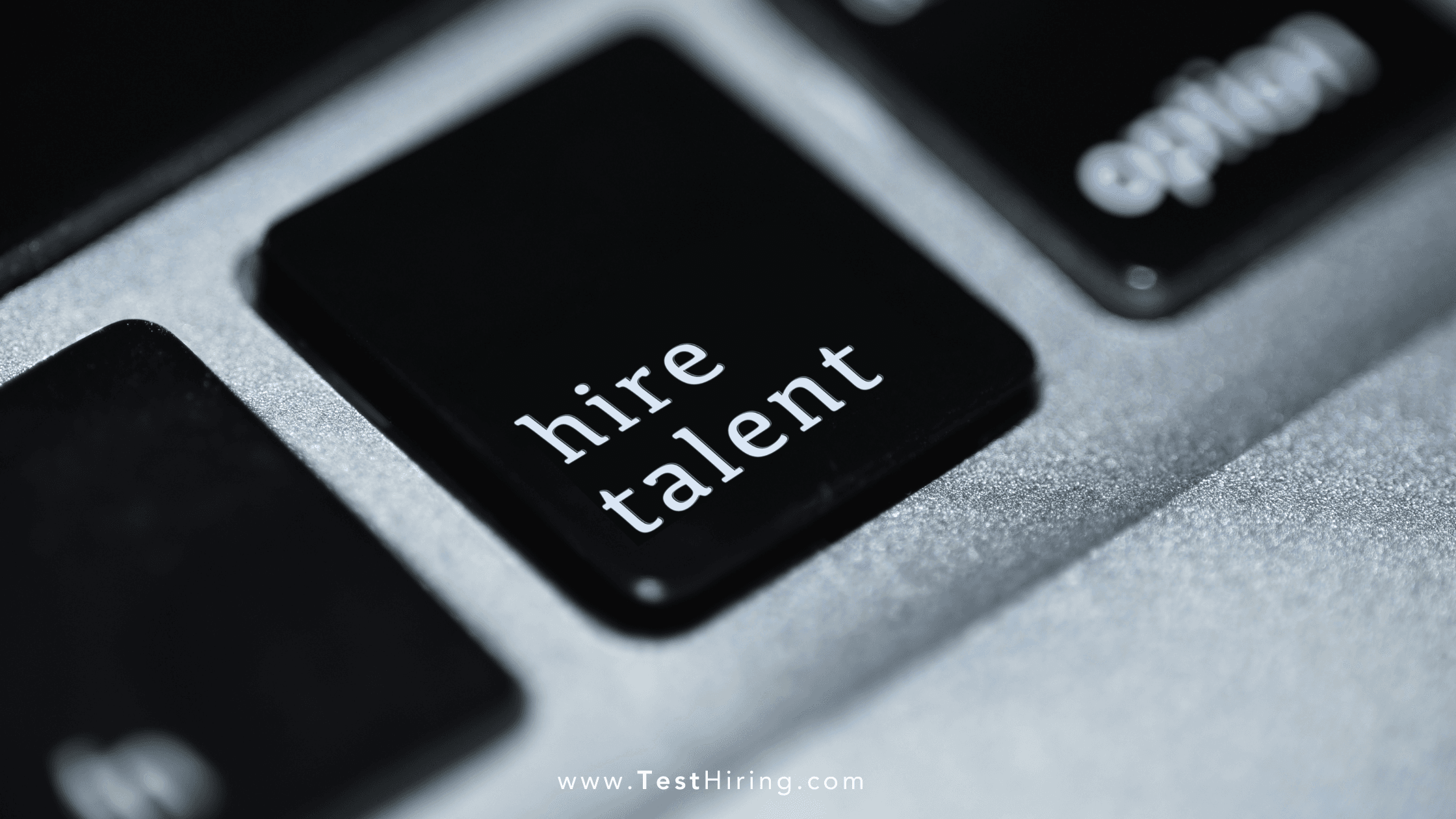The job market is undergoing a significant transformation. As businesses face rapid technological advancements and shifting workforce dynamics, traditional hiring practices are proving insufficient. Skills-based hiring—focusing on a candidate’s abilities rather than just their educational qualifications or job history—is emerging as a powerful alternative. This approach prioritizes what a person can do over their credentials, creating opportunities for both employers and job seekers. Here’s why skills-based hiring is essential in today’s job market.
1. Closing the Skills Gap
Industries worldwide are grappling with a skills shortage as job requirements evolve faster than traditional education systems can adapt. Skills-based hiring bridges this gap by:
Broadening the Talent Pool: Instead of limiting candidates to those with specific degrees or job titles, employers can focus on individuals with proven capabilities, including self-taught professionals and those with non-linear career paths.
Targeting Relevant Skills: By zeroing in on the exact competencies a role requires, organizations can find candidates who are ready to contribute immediately.
For instance, in tech roles, proficiency in coding languages or software tools often outweighs a formal degree in computer science.
2. Driving Diversity and Inclusion
Traditional hiring practices can unintentionally exclude capable candidates from diverse backgrounds. Skills-based hiring promotes inclusivity by:
Reducing Bias: Evaluating candidates on their abilities ensures fairness, regardless of their educational background or years of experience.
Empowering Underrepresented Groups: Candidates who lack traditional credentials but have honed their skills through alternative means can compete on equal footing.
This approach not only creates a more equitable hiring process but also fosters innovation through diverse perspectives.
3. Meeting the Demands of a Rapidly Changing Workplace
The pace of change in technology and industry demands adaptability. Skills-based hiring enables companies to:
Focus on Transferable Skills: Traits like critical thinking, problem-solving, and adaptability are valued across roles and industries.
Stay Future-Ready: Hiring for skills relevant to emerging technologies and methodologies ensures companies remain competitive.
For example, fields like data analytics, cloud computing, and AI require skills that many traditional degree programs are only beginning to incorporate.
4. Enhancing Workforce Performance
Employees hired based on their skills are often better equipped to excel in their roles. Skills-based hiring leads to:
Improved Job Fit: Candidates are matched to roles based on their abilities, resulting in higher productivity and satisfaction.
Reduced Turnover: Employees placed in positions that align with their skills and strengths are more likely to stay engaged and committed.
This approach saves time and resources, making hiring more effective in the long term.
5. Supporting Lifelong Learning and Career Growth
As career trajectories become less linear, the emphasis on continuous learning is increasing. Skills-based hiring supports this trend by:
Rewarding Upskilling: Candidates who invest in acquiring new skills through certifications or online courses can demonstrate their readiness for new opportunities.
Encouraging Development: Organizations can identify potential hires with strong learning abilities, ensuring they remain agile in the face of change.
This focus on skills encourages both employers and employees to prioritize growth and adaptability.
6. Aligning with Modern Candidate Expectations
Today’s job seekers value fairness, transparency, and growth opportunities. Skills-based hiring resonates with these expectations by:
Highlighting Merit: Candidates appreciate being evaluated on their capabilities rather than arbitrary qualifications.
Providing Clarity: Clearly defined skills-based criteria help candidates understand what is required and how they can improve.
This approach enhances the candidate experience, making organizations more attractive to top talent.
Implementing Skills-Based Hiring
Transitioning to skills-based hiring involves a few key steps:
Define Required Skills: Break down roles into essential skills, both technical and soft, rather than relying solely on traditional qualifications.
Leverage Technology: Use AI tools and skill assessments to evaluate candidates objectively.
Adopt Flexible Training Programs: Partner with upskilling platforms to provide candidates with opportunities to learn the skills they need.
Redesign Job Descriptions: Focus on what candidates need to do rather than rigid prerequisites like degrees or years of experience.
Conclusion
Skills-based hiring is more than a hiring trend—it’s a necessity for modern businesses. By focusing on abilities over credentials, companies can build diverse, innovative teams while closing the skills gap. This approach not only benefits employers by improving workforce performance but also empowers job seekers by valuing their real-world expertise and potential.
In today’s dynamic job market, where change is constant, skills-based hiring ensures businesses remain adaptable, competitive, and future-ready. Embracing this approach is not just about filling roles—it’s about creating a workforce equipped for the challenges and opportunities of tomorrow.




